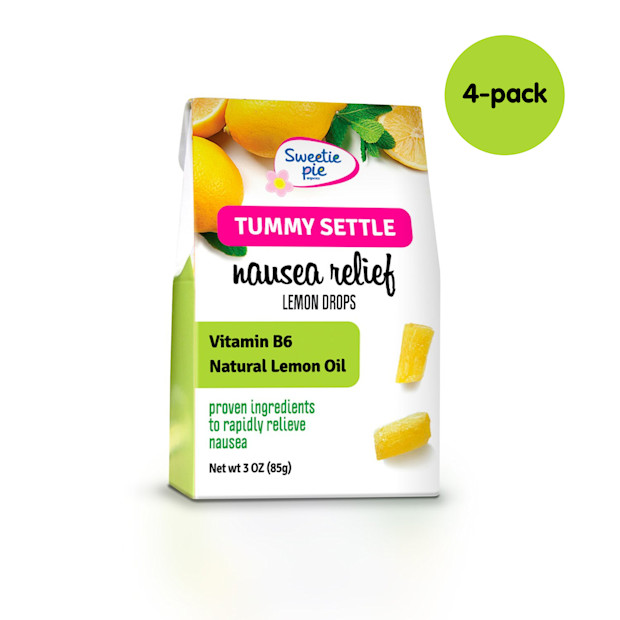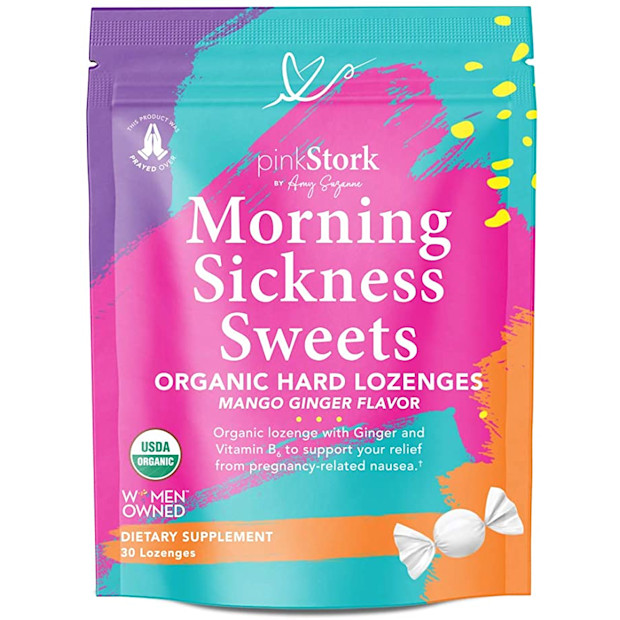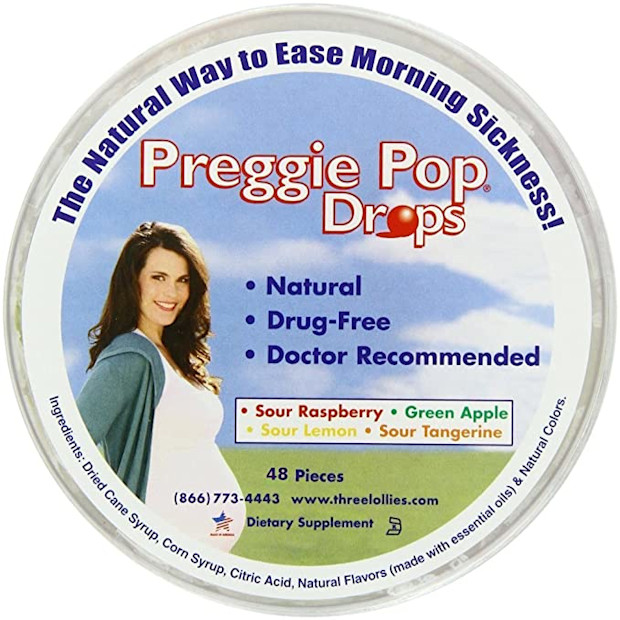
Best Nausea Medication for Pregnancy
Morning sickness is one of the most well-known pregnancy symptoms, but how do you find relief from it?

In This Article
There’s a reason morning sickness is the most well-known symptom of pregnancy—it’s really common. “Fifty to ninety percent of pregnant people experience some degree of nausea, with or without vomiting,” says Dr. Nathan Fox, ob-gyn, creator of the Healthful Woman podcast. So, there’s a decent chance you’ll feel some level of nausea while pregnant, especially during the first trimester.
But what about when your stomach is upset all the time? Or what if your nausea is so bad that you can barely get out of bed? If you’re experiencing a level of morning sickness that has you feeling like you’re on a ship at high seas all day (and all night) long, you might consider talking to your healthcare provider about a pharmaceutical intervention.
Nausea Beyond the First Trimester
While most pregnancies typically include nausea during weeks five through 16 or so, some might experience nausea and/or vomiting past that point. “Symptoms may continue until the third trimester in 15 to 20 percent of women,” Dr. Fox says, “and until delivery in five percent.” Yikes. Thankfully, doctors have a few go-to solutions for both extreme and long-term nausea (as well as for run-of-the-mill, kinda-queasy nausea).
Doctor-Recommended, Pregnancy-Safe Nausea Relief
Dietary Changes for Morning Sickness
Most morning sickness (which is a total misnomer, as you’ve probably experienced—it can occur at any time of day) can be alleviated by dietary changes like avoiding greasy, hot foods, sticking to food that’s cold, bland or easy to digest and eating smaller, more frequent meals.
But sometimes, dietary changes aren’t enough. If you’re still feeling ill even after having nothing but ginger ale, bananas and dry toast (some of the most commonly recommended food remedies for nausea), it might be time to talk to your healthcare provider about medication.
Vitamin B6 + Antihistamines for Morning Sickness
“Fortunately, about half of pregnant people improve significantly with a combination of Vitamin B6 and Unisom (doxylamine),” Dr. Fox says, “which are both safe to take in pregnancy.” You may recognize Unisom as an over-the-counter sleep aid, but it’s also an antihistamine to treat hay fever and allergy symptoms, and it’s a common nausea treatment.
Another antihistamine often used to treat pregnancy-related nausea is Benadryl (diphenhydramine), says Dr. Nateya Carrington.
Keep in mind that antihistamines commonly have the side effect of drowsiness, so your doctor will likely tell you to take it at night. And keep in mind that before taking any medication, talk to your healthcare provider to make sure it’s the right treatment option for you.
Don’t want to take two pills at once? Good news: Dr. Fox says, “There are [FDA-approved] prescription medications like Bonjesta and Diclegis that combine Vitamin B6 and doxylamine into one pill to be taken once or several times a day."
Vitamin B6 + Natural Ingredients for Morning Sickness
You can also find Vitamin B6 (without doxylamine) in combination with other natural, non-pharmaceutical nausea remedies like ginger, mint or lemon, usually in the form of chews or lozenges. Some natural flavors—ginger especially—can work wonders on nausea all on their own!
Prescription Medications for Morning Sickness
In a small percentage of pregnancies, nausea can get so bad (sometimes classified as hyperemesis gravidarum) and be so persistent that the usual remedies don’t provide much relief. If you’ve tried everything above—from dietary changes to over-the-counter medications—but are still overwhelmed by nausea and/or vomiting, Dr. Carrington advises you should ask your provider about trying prescription medications.





